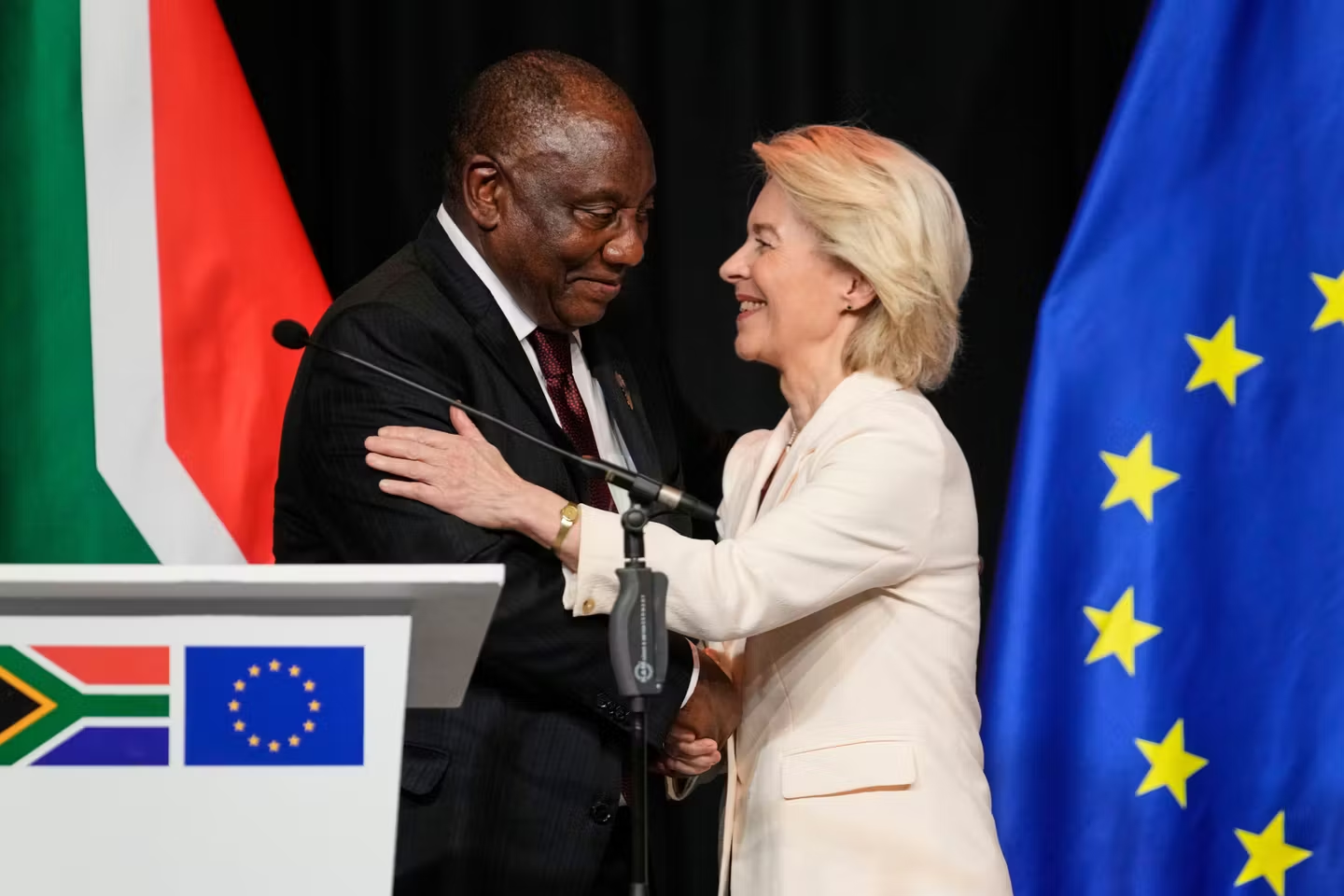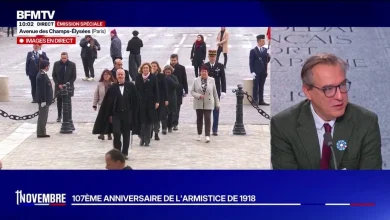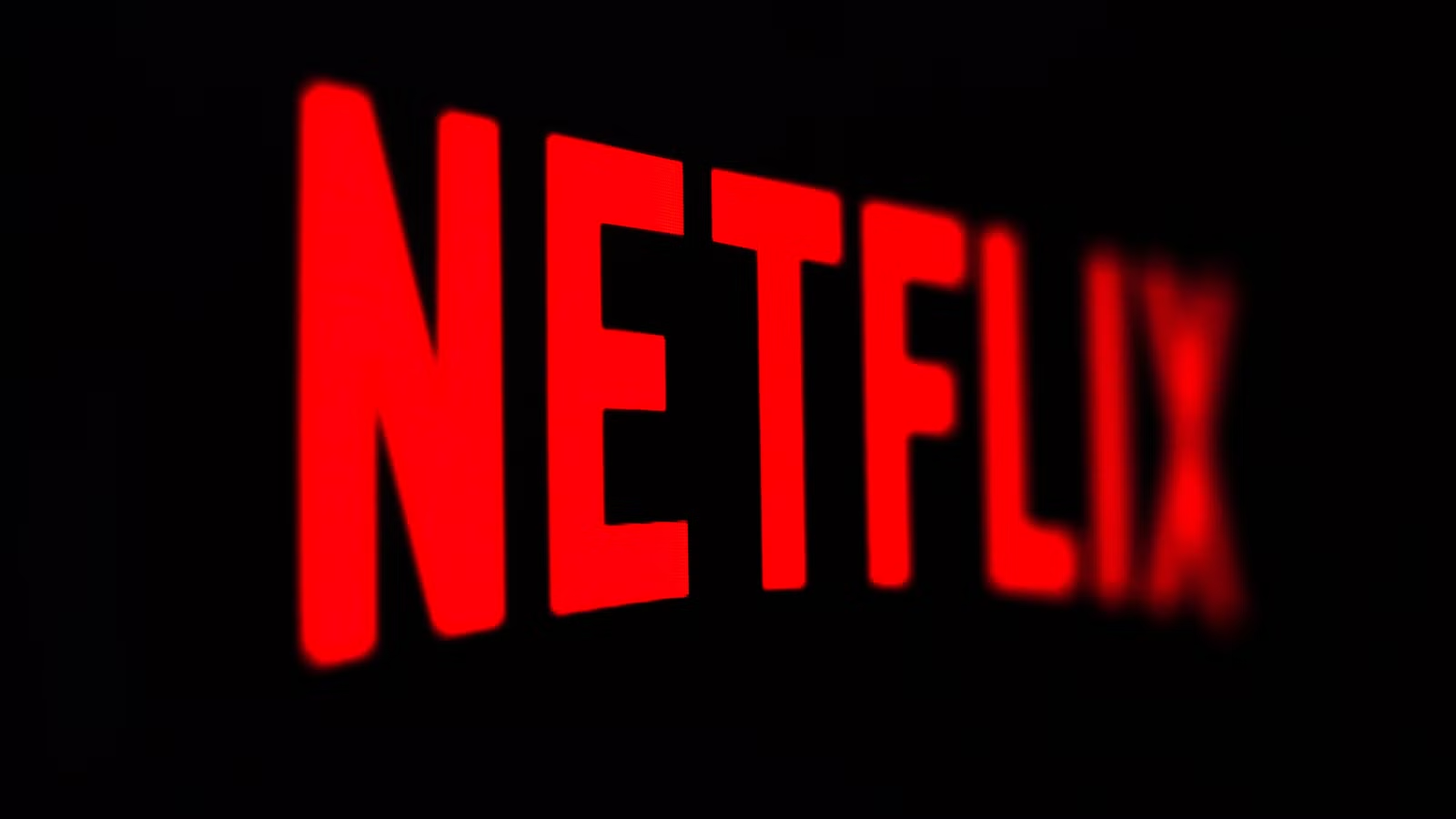How the US tried to undermine the G20 summit in South Africa

South African President Cyril Ramaphosa and European Commission President Ursula von der Leyen in Johannesburg, November 20, 2025.
South Africa, the first African country to hold the G20 presidency, set out to push developing countries’ priorities to the forefront. But with the United States boycotting the summit, it found itself struggling to make “its” G20 matter despite the Trump administration. “The South Africans were dealt the worst possible hand,” said a European diplomat. In addition to the US’s open hostility, the overwhelming weight of the war in Ukraine was expected to dominate the two-day summit on Saturday, November 22, and Sunday, November 23.
As early as February – less than a month after Donald Trump’s return to the White House – his secretary of state, Marco Rubio, criticized the South African G20’s slogan, “solidarity, equality, sustainability.” “In other words: DEI and climate change,” he said, dismissing the themes as “anti-Americanism” and announcing he would skip the opening of the G20 foreign ministers’ summit.
The tone was set. Relations between the two countries only deteriorated further. Beyond the G20 itself, the entire South African government was in the crosshairs of the White House, with Trump accusing it of encouraging a “genocide” against white farmers – a claim debunked countless times.
You have 79.32% of this article left to read. The rest is for subscribers only.





